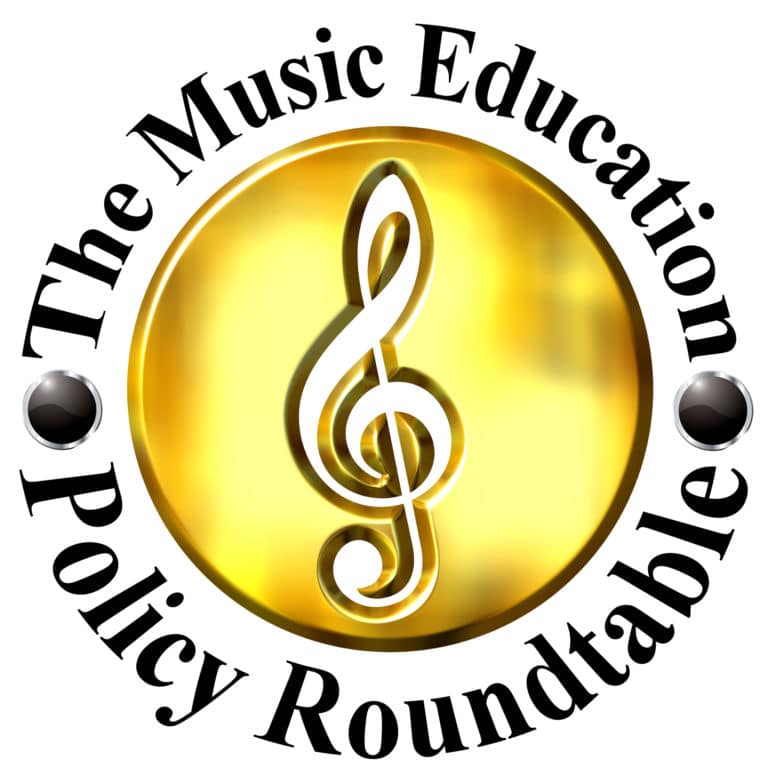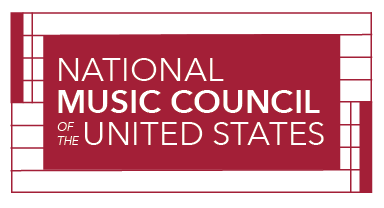Music Education Policy Roundtable Lobbies 114th Congress

The Music Education Policy Roundtable, of which NMC is a member, has drafted the following letter to the 114th Congress. We encourage everyone to support these policies by writing letters of their own to legislators.
Dear Senator/Representative:
On the eve of the 114th Congress, and with the state of our nation’s prekindergarten-12th schools ever in the forefront of the minds of voters and candidates, we ask that you make classroom music education a priority in any legislation pertaining to education—from preschool development funding to reauthorization of the Elementary and Secondary Education Act (ESEA).
The Music Education Policy Roundtable, a coalition of 30 organizations standing together to promote music education for every U.S. student, uphold the following status for music education and seven legislative priorities:
- Core Status: In order to ensure that all students receive a comprehensive education including sequential, standards-based music education as part of the core curriculum, we ask that Congress maintain the status of the arts as a core academic subject in any reauthorization of the ESEA.
- Evaluation: Congress and the U.S. Department of Education should offer guidance language recommending that music educators be evaluated on how well their students learn and achieve in their respective disciplines. Accountability for any and all such measures of evaluation should be directly attributable to certified music teachers. New evaluation systems should be developed in the context of the number of students being taught and instructional time available, limiting the use of data to reliable measures. Likewise, observation-based teacher evaluations should be limited to those conducted by individuals with expertise in music education.
- Research: Congress should mandate that the U.S. Department of Education develop and carry out the process of collecting and disseminating federal data pursuant to the status of music education programs in order to generally benefit the field, and to assist organizations working to accurately gauge the landscape and provide support to educators in areas of the country where music education is threatened.
- Accountability: Congress should include in any re-authorization of the ESEA, accountability provisions that include a measure of and for student achievement in music, to be implemented in a manner that ensures fairness to all students.
- Funding: Congress should ensure that all appropriate federal funding streams authorized under the ESEA, particularly Title I monies, are made available for purposes of teaching music and for music education teacher training.
- Accessibility: Congress and the U.S. Department of Education should offer language acknowledging the nationwide trend of reduced school day time for music education programs, and recommending that this trend be reversed, via an increased focus on the delivery of comprehensive curricula of learning.
- Charter Schools: The U.S. Department of Education should offer guidance language to those involved in the development and administration of public charter schools, recommending that curricular decisions be made with an eye toward providing all students with a comprehensive education, including music taught by certified educators.
- Early Childhood Education: Congress should ensure that all appropriate federal funding for early childhood education, including but not limited to those funds made available under Head Start, Early Head Start, and the Child Care and Development Block Grant, as well as any proposed legislation, is made available for early music education and for purposes of early music education teacher training. Further, Congress and the U.S. Department of Education should issue guidance language clarifying the availability of funds under such programs for the purpose of early music education.
Please keep these priorities in mind as you clarify your positions on educational priorities during election season, and when you return to Capitol Hill in January. Our nation’s progress depends on the success of our students, and we know music education is a critical component of a complete education, preparing students for the 21st century workforce. Will you stand with us in these commitments to music education? We look forward to your statement of support.
Click here for more information about the Music Education Policy Roundtable.
ul {margin-left:20px;}

